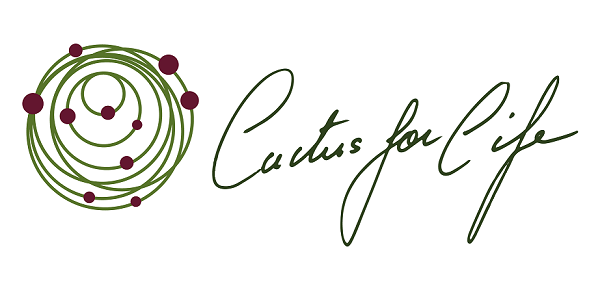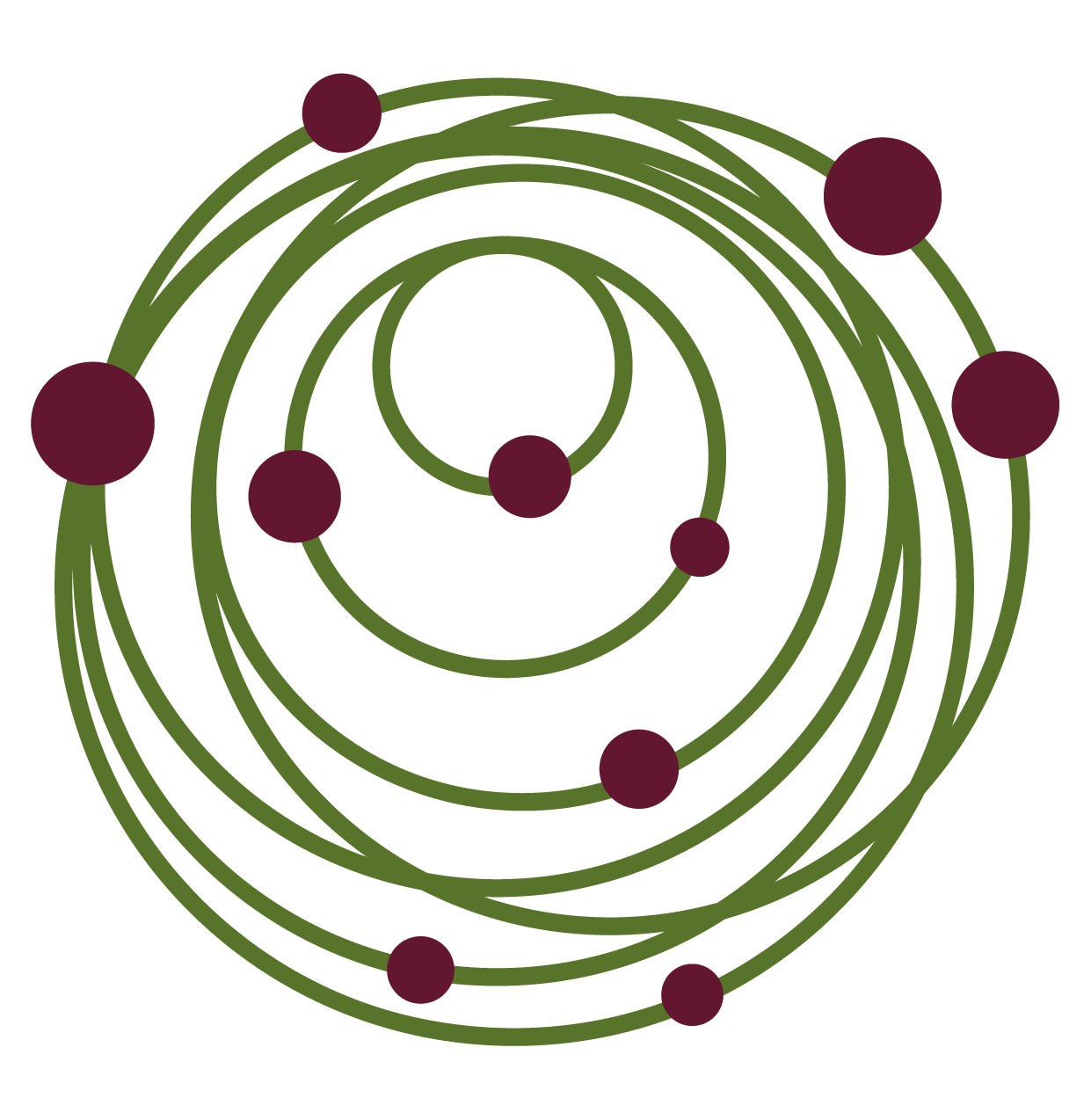OUR BENEFITS
Significant socio-economic and environmental impacts
Empower:
Giving Malagasy women a leading socio-economic role in the respect of values and customs. Women are trained at all stages of fruit and biomass processing, to acquire skills and financial independence.
A regular source of income:
By the purchase of 15 Kg of seeds per family weekly and for a period of 12 months, leaving time for other occupations.
Promote sustainable management:
Through agroecology, participatory practices, and technologies most suited to the production and processing of Opuntia.
Practical training:
Through ecological, easy-to-use, and low-cost implementation techniques which radically improve quality of life.
Protecting biodiversity:
By removing the seeds from the fruit of Opuntia, its reproductive dissemination is compromised, limiting the spread of this plant plague, and allowing the earth to regain its footprint.
A daily production of fertilizer:
By fermentation, the biomass is broken down into a fraction and then into a liquid called digestate. This organic substrate is a high-quality fertilizer. 80% of the cactus is reused in the form of a liquid fertilizer, synonymous with a source of life for other vegetable crops.
Anti-cyclonic climatic construction:
A Super Adobe house combines ancestral methods as well as modern know-how developed for the benefit of the most vulnerable and poorest populations. The right to a dignified and secure habitat.
Clean renewable energy:
Biogas production avoids air pollution and inhalation by children of charcoal microparticles. Biogas fights against deforestation and protects the threatened remaining biodiversity.
WHO WE ARE
Our Company Sees a better world
We have been destroying the forests for whatever reasons for many years. Forests that work much like our lungs
Cactus For Life want to come back with human connected to nature. we are sure that is the way to follow for next generations;
Green Development
we do the maximunm
100%
collective intelligence
you are welcome
70%
Bio & circular Economy
we need more
87%

